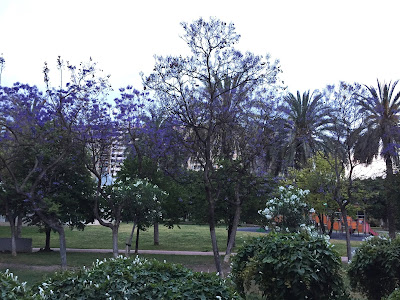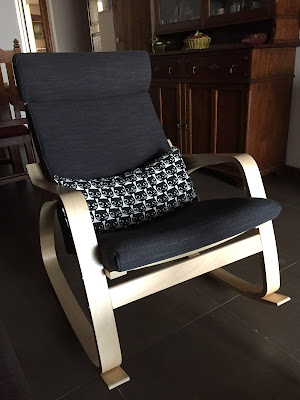The occasion was an Iftar. That’s the ceremony of breaking the Ramadan fast – a rather special breakfast, in fact – at the end of daylight. Ramadan and its fasting is one of the five pillars of Sunni Islam.
Just for the record, another is the declaration of faith, so ‘Allahu Akbar’ isn’t some kind of terrorist slogan, as some might be led to believe by its handling in the Western media, but the key assertion of belief of Muslims everywhere (close to a quarter of the world’s population). It means God is greatest.
A further pillar that Britons ought to value particularly is the obligation to give alms. This is generally done quietly, without ostentation; there is a similar principle in Christianity, ‘do not let your left hand know what your right hand is doing’. Unfortunately, the left hand of Muslim charity keeps things so quiet that it took the right hand of a parliamentary investigation to reveal just how much good it does.
A Muslim friend – and not just any friend but a Badminton partner, so someone pretty special – and her husband invited us to join an Iftar in one of our local parks. There’s a tradition that non-Muslims should be invited to at least one such occasion during Ramadan, and many Luton mosques had extended similar invitations.
 |
| The friend who invited us With two non-Muslim guests (Danielle to the right) |
In fact, there are some regions where summer days are so long, with barely any night at all, that a special dispensation has been made for them: they keep the same hours as Mecca. It strikes me as only fair that a similar arrangement ought to apply everywhere. After all, when Ramadan falls in the winter, my friend in Norway would have to fast for only two hours of daylight, which makes it rather an empty gesture, doesn’t it? I mean, even I can go two hours without eating.
It seems that there may be increasing pressure among younger Muslims to adopt generally the notion that the fast period should always last as long as it does in Mecca. That would make sense to me and I wish my friends luck with pushing this reform through.
As for the event itself, it was charming. We sat on a blanket under an awning and waited for daylight to end.
“The last minutes are the worst,” our friend told us.
At 9:14, with the fast due to end at 9:15, her husband added that the very last minute was worse than any other.
Then came the longed-for moment, when the sun dipped below the horizon. We ate dates, the traditional start of the breakfast. Then we turned our attention to the chicken, bhajis and spiced rice, which was astonishingly good – astonishing because there must have been 200 or so people there and it’s rare, in my experience, that food prepared for that many people is good at all, but this was delicious.
It had to be eaten quickly since prayer – another of the pillars – started only a few minutes later. But, in any case, after nineteen hours of fasting, I doubt many people there minded getting on with the food.
While the prayers were going on, we chatted with some of the other non-Muslims or, indeed, the Muslims who’d stayed behind to look after the young children. Danielle joined in with that task, knocking a balloon backwards and forwards with two of the kids. She’s the perfect grandmother to any child who needs one, while she waits for some more of her own to come along.
 |
| Danielle as stand-in grandmother |


















